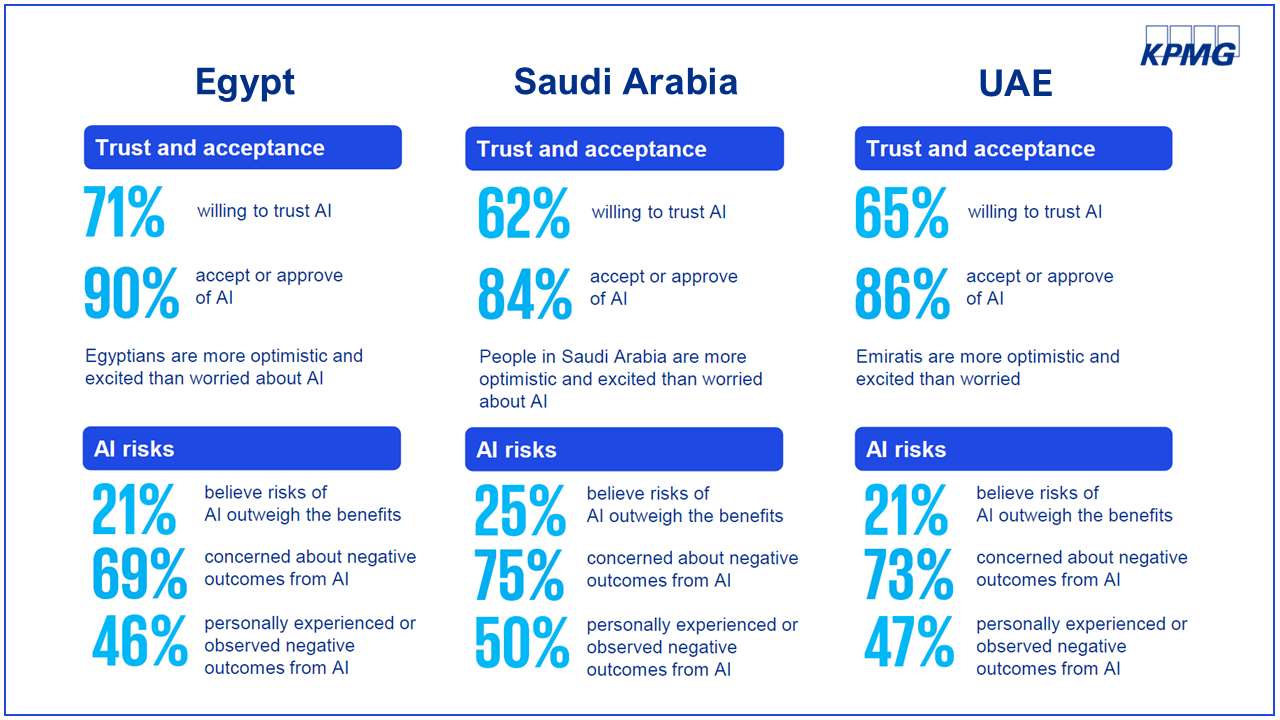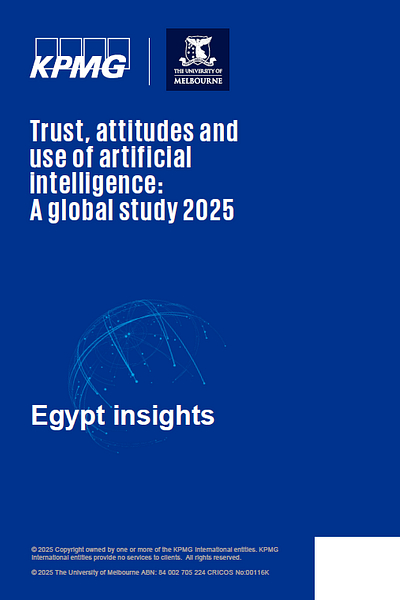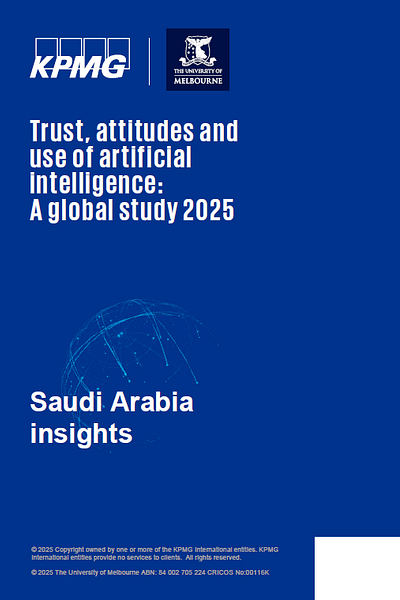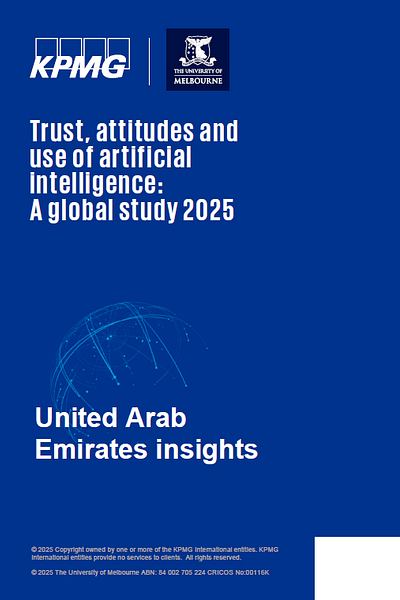Middle East workers embrace AI revolution
Trust levels double those in UK; cultural divide emerges
#Egypt #SaudiArabia #UAE #sentiment - Middle East workers demonstrate significantly higher trust and optimism towards artificial intelligence compared to many Western counterparts, according to new research from Melbourne Business School in collaboration with global professional services firm KPMG. Just 42% of UK respondents to the survey were willing to trust AI, compared with 71% of employees in Egypt, 62% in Saudi Arabia and 65% in the UAE. The study surveyed over 48,000 people across 47 countries, revealing that workers in the Middle East were more optimistic and excited than worried about AI, in contrast to Germany, the Netherlands and the United Kingdom, where that sentiment was reversed.
SO WHAT? - Attitudes towards artificial intelligence often varied from country to country, and from study to study. However, the new research from Melbourne Business School and KPMG suggests that there may be a significant cultural divide between positive and negative attitudes towards Ai between countries. The question is whether such a divide will significantly affect digital transformation or effective usage of AI by individuals. This new study does show that less than half of those surveyed in in Germany (45%) and the UK (36%) felt that they had the skills and knowledge to use AI appropriately, while 69% respondents in Egypt, 66% in Saudi Arabia and 73% of those in the UAE felt that they did.
Melbourne Business School, in collaboration with global professional services firm KPMG, has released a new report: The Trust, attitudes and use of Artificial Intelligence: A global study (2025).
Egyptian workers seem to lead global AI acceptance with 90% approval rates and 93% reporting improved accessibility benefits, positioning Egypt as a leader in positive AI sentiment across the nations surveyed. 63% confirmed that they felt they now could not complete their work without AI’s assistance!
UAE residents demonstrate strong AI confidence with 86% acceptance levels and 92% experiencing improved efficiency benefits, whilst 54% feel dependent on AI systems to complete their work tasks effectively.
Saudi Arabian employees show 84% AI approval with 91% reporting enhanced efficiency, though 57% acknowledge they cannot complete work without AI assistance, highlighting both opportunity and dependency concerns.
In contrast, British workers exhibit markedly different attitudes with only 57% AI acceptance and 73% primarily valuing AI for reducing mundane tasks. Only 39% of British respondents felt reliant on AI systems to complete their work.
Meanwhile, Middle East workers consistently reported that they felt they has the skills and knowledge to use AI appropriately, this includes 69% of Egyptians, 63% of Saudis and 73% of UAE respondents. Only 45% of Germans and 36% of British respondent felt they were AI literate.
Regional risk perception varies significantly, with only 20% of Egyptians, 21% of Saudis and 25% of UAE respondent believing that AI risks outweigh benefits compared to 40% of British respondents expressing similar concerns about negative outcomes.
Middle Eastern workers report substantially higher AI-driven benefits at work, with 82% of Egyptian employees and 75% of UAE and Saudi workers experiencing increased efficiency, quality and innovation.
However, the new study also highlighted some of the drawbacks of AI adoption. 59% of Egyptians, 58% of Saudis and 64% of UAE residents admitted that they had made mistakes in their work due to AI usage.
[Written and edited with the assistance of AI]
LINKS
DOWNLOADS






